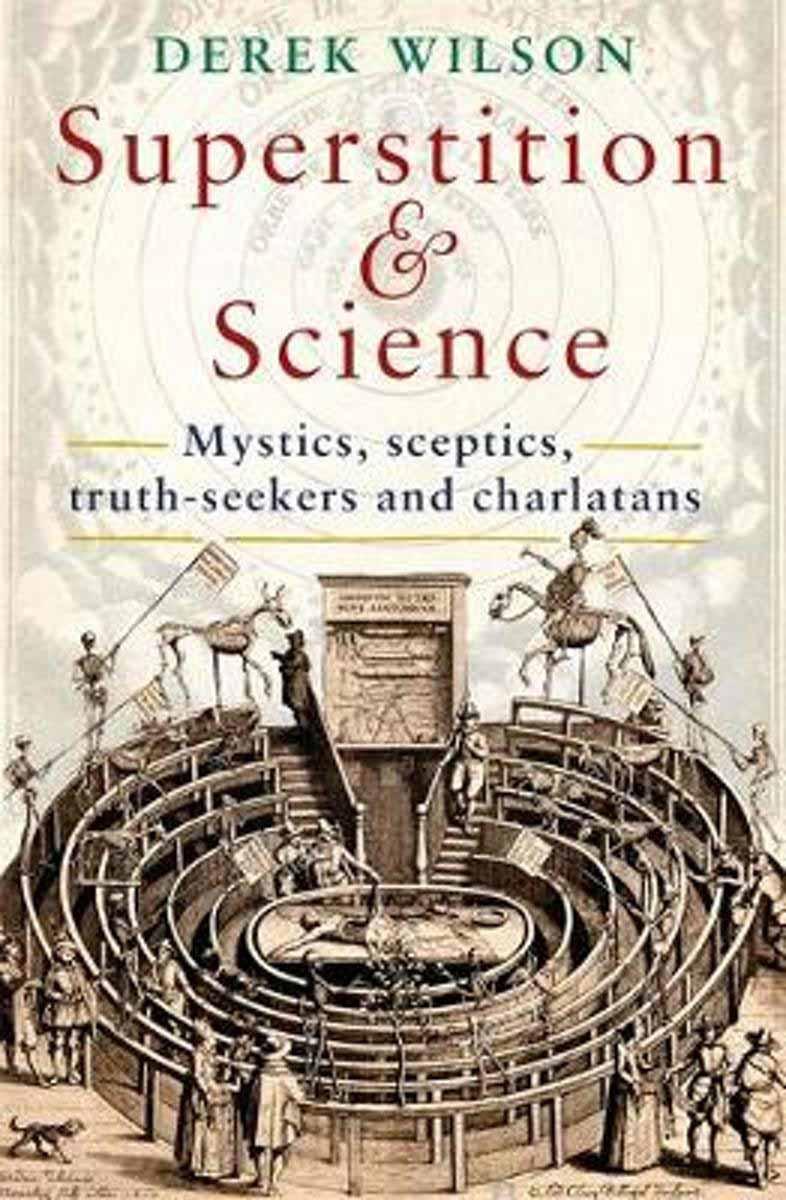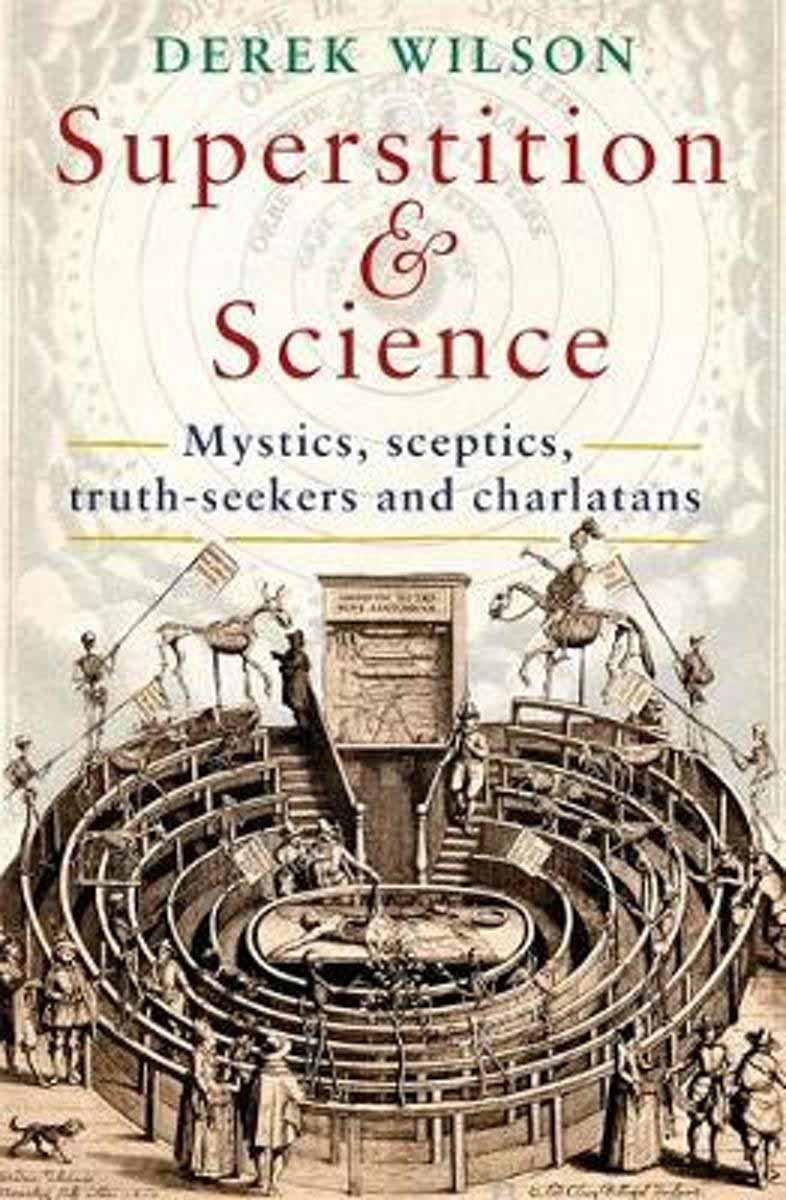BESPLATNA DOSTAVA za porudžbine preko 3000 dinara

BESPLATNA DOSTAVA za porudžbine preko 3000 dinara
KOLIČINSKI POPUST ::: Dodatnih 10% na tri kupljena artikla




Kontaktirajte nas na 011 4540900, info@knjizare-vulkan.rs ili putem četa.
| Karakteristika | Vrednost |
|---|---|
| Kategorija | POPULAR SCIENCE |
| Autor | Mr Derek Wilson |
| Težina specifikacija | 0.5 kg |
| Izdavač | LITTLE BROWN |
| Pismo | Latinica |
| Povez | Broš |
| Godina | 2017 |
| Format | 15x23 |
| Strana | 320 |
Nastojimo da budemo što precizniji u opisu proizvoda, prikazu slika i samih cena, ali ne možemo garantovati da su sve informacije kompletne i bez grešaka. Svi artikli prikazani na sajtu su deo naše ponude i ne podrazumeva da su dostupni u svakom trenutku.

Obavezni kolačići čine stranicu upotrebljivom omogućavanjem osnovnih funkcija kao što su navigacija stranicom i pristup zaštićenim područjima. Sajt koristi kolačiće koji su neophodni za pravilno funkcionisanje naše veb stranice kako bi se omogućile određene tehničke funkcije i tako vam pružilo pozitivno korisničko iskustvo.
Statistički kolačići anonimnim prikupljanjem i slanjem podataka pomažu vlasnicima web lokacija da razumeju kako posetioci komuniciraju sa stranicom. To su kolačići koji omogućavaju web analitiku sajta, odnosno analizu upotrebe naših stranica i merenje prometa, koje sajt sprovodi u cilju poboljšanja kvaliteta i sadržaja ponuđenih usluga.
Marketinški kolačići se koriste za praćenje posetilaca putem web stranice. Koriste se za prikazivanje relevantnih oglasa korisnicima i podsticanje da učestvuju, što je važno za nezavisne izdavače i oglašavače. Sajt koristi Google Analytics kolačiće ads/ga-audiences i collect, te Facebook kolačiće fr i tr.
